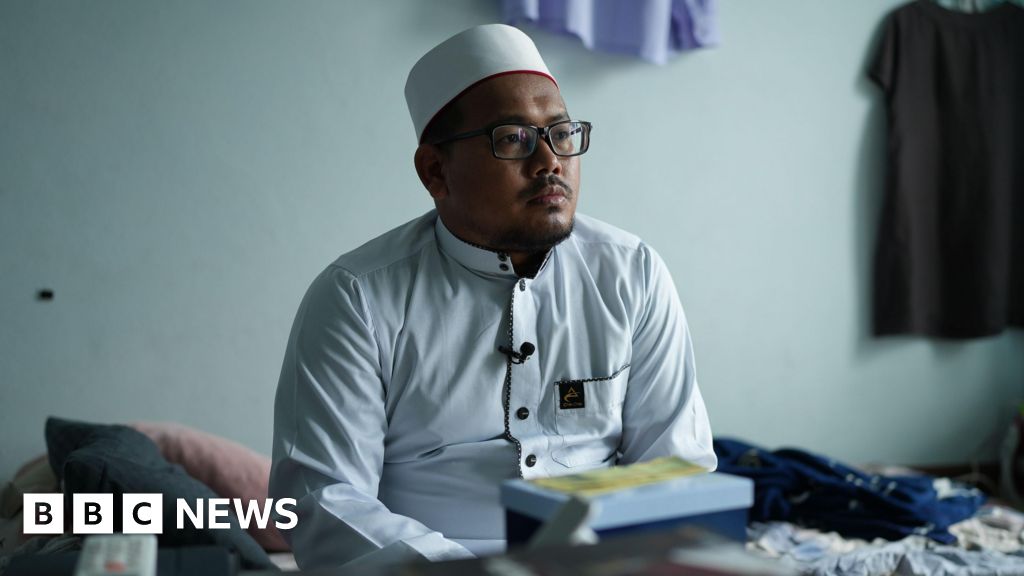Tragedy Strikes Myanmar’s Muslim Community During Ramadan
By: Zeyar Htun and Tessa Wong, BBC Burmese and BBC News
As the call to prayer echoed in Sagaing last Friday, numerous Muslims flocked to five mosques in central Myanmar. They were eager to partake in their final Friday prayers of Ramadan, just days away from the festive Eid celebrations marking the end of the holy month.
At precisely 12:51 PM local time (06:21 GMT), a devastating earthquake hit, leading to the collapse of three mosques, including the largest, Myoma, resulting in the deaths of nearly everyone inside. Soe Nay Oo, the former imam of Myoma mosque, felt the tremors in Mae Sot, a border town in Thailand.
In the days that followed, he learned that approximately 170 of his relatives, friends, and congregants had perished, many within the mosques. Some of them held significant positions within the local Muslim community. “I think about all the people who lost their lives and the victims’ children—some of whom are very young,” he expressed to the BBC. “I can’t help but cry when I think of this tragedy.”
The earthquake near Sagaing and Mandalay has claimed over 2,700 lives, with the death toll anticipated to rise as rescue efforts continue. Although this region is renowned for its ancient Buddhist temples, it also hosts a considerable Muslim population. According to the country’s leader, Min Aung Hlaing, an estimated 500 Muslims died while praying in their mosques during the quake.
Reports indicate that as the mosques collapsed, worshippers attempted to flee. Soe Nay Oo, who has been in touch with survivors from his community, confirmed this information. Currently residing in Mae Sot with his family after fleeing Myanmar following the 2021 coup, he recounts seeing bodies of worshippers outside the main prayer hall and some clinging to one another, desperately trying to escape the falling structure.
Soe Nay Oo mournfully noted that among the loved ones he lost was a cousin of his wife, whose death was “the most painful” experience of his 13 years as an imam. Another cousin, a respected businessman, also perished. “He treated me like his little brother,” he remembered. “I’ve lost brothers like him.” The principal of the local public school and only female trustee of Myoma mosque was also a victim, remembered for her generosity.
As Soe Nay Oo grapples with overwhelming grief, he feels compelled to assist those affected by the disaster, despite his own trauma. “If I were still the imam at that time, I would have gone with them. It pains me to think about it. I have not been able to sleep for days, and I worry about family members I have yet to hear from,” he shared, admitting that he has paused his work with a human rights group in Thailand to help coordinate rescue efforts in Sagaing. He believes at least 1,000 Muslims in the area are in dire need of assistance.



